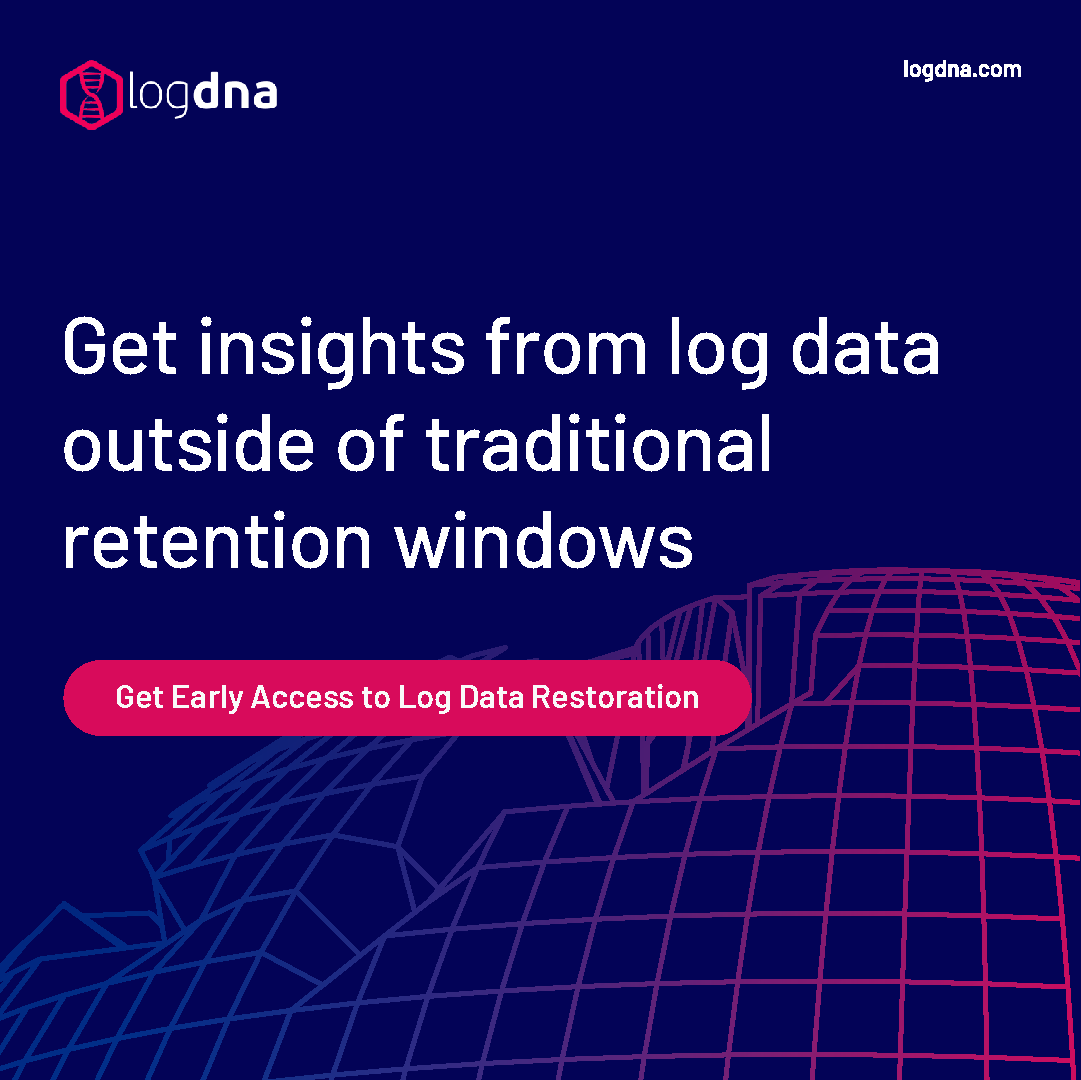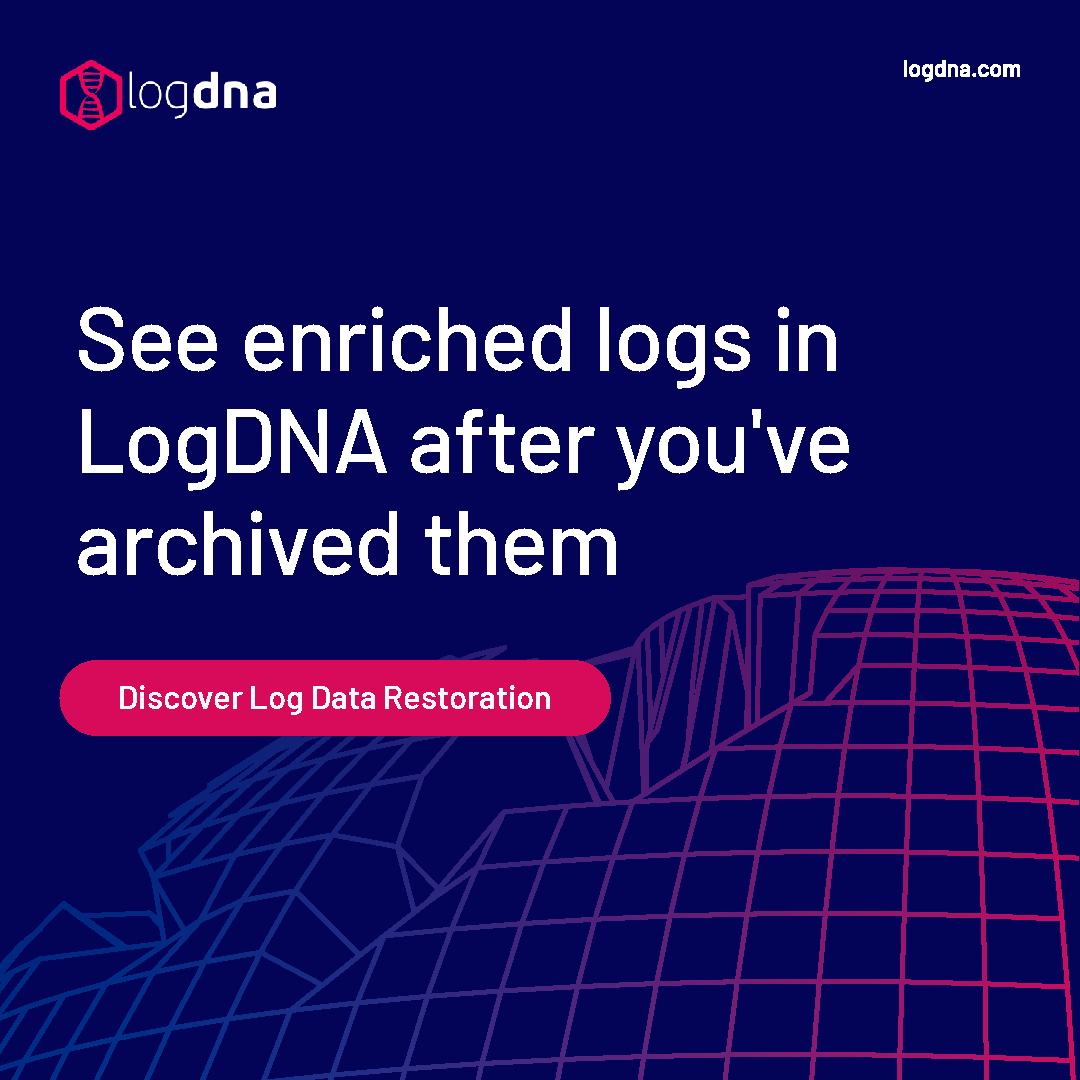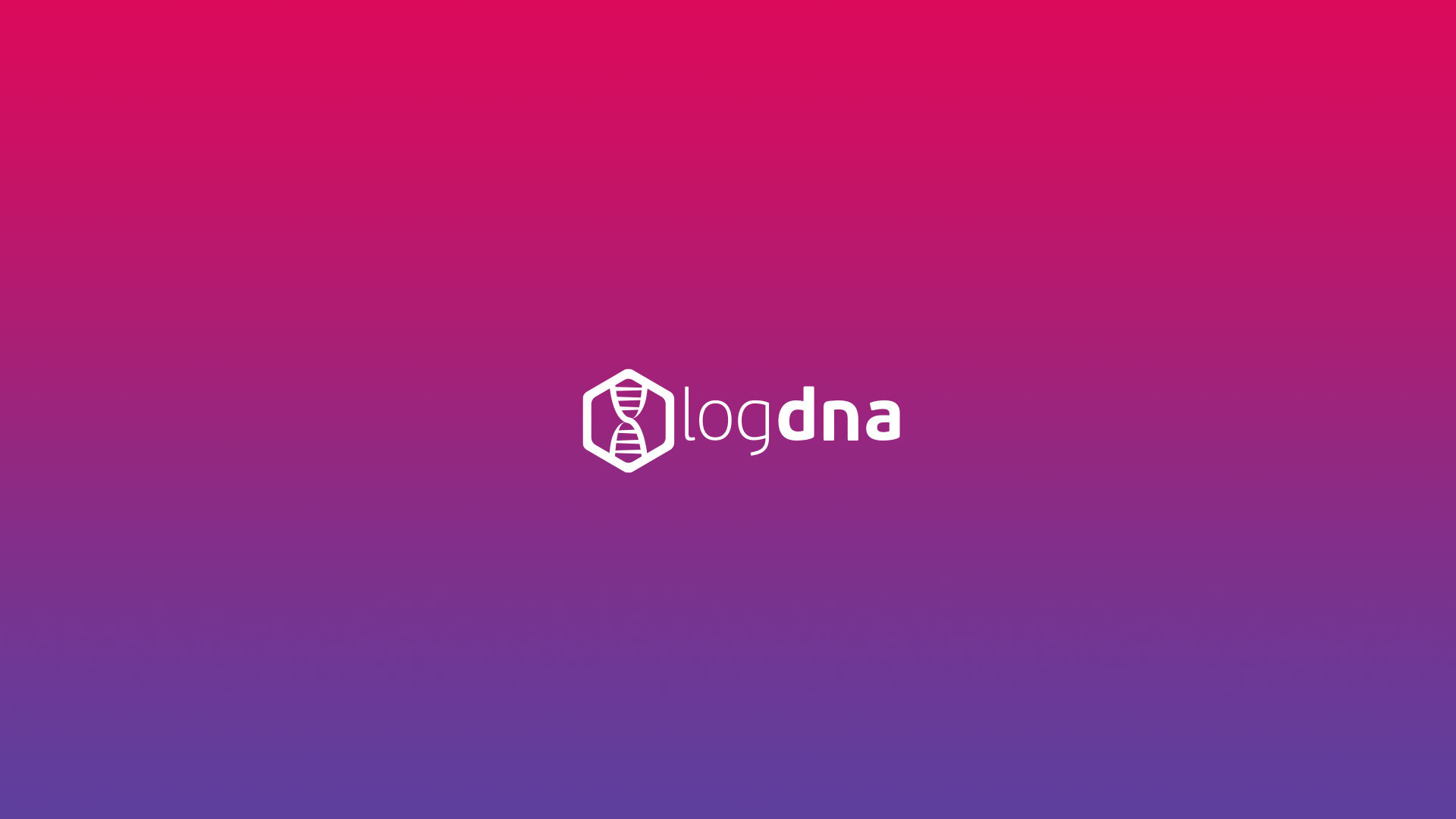Announcing Early Access to Variable Retention on LogDNA


LogDNA is now Mezmo but the product that you know and love is here to stay.

The massive proliferation of log data forces teams to manage the costs to process, route, and store it. Teams need access to this data to gain critical insights into their services, but for many organizations this presents a challenge for their budget. Logging can get expensive, fast, which often results in teams making difficult tradeoffs between aggregating enough logging information to be useful and controlling the cost of storing all those logs.
Choosing to limit the number of logs that are ingested or retained comes with a risk. Teams may not have the granular log data needed to form a complete picture during an incident or troubleshooting workflow. This lack of visibility can negatively affect the ability to resolve issues, as they are forced to use workarounds rather than relying on their go-to log management tool.
Teams shouldn’t have to decide between a reasonable logging bill and a comprehensive observability surface area. Today, we’re excited to announce early access for Variable Retention on LogDNA, so that they don’t have to. Variable Retention gives users the flexibility to save logs in the LogDNA UI only for the amount of time that they're relevant. This makes it possible to ingest new types of log data while keeping cost under control, allowing teams to leverage their logs for even more use cases.
Increasing observable surface area is no longer a binary decision of logging something or not. With Variable Retention, users can control how long logs need to be retained at the individual log-line level. Log lines that may have been previously excluded, like debug logs, can be saved for just a few days in case they’re needed in an urgent incident, while critical transaction audit logs can be saved for a whole month.
Our customers have been working with us as design partners while we developed this new feature. They have been excited to bring an extra level of intelligence to their LogDNA implementation as they streamline engineer workflows to logging sources they were previously choosing to exclude due to cost concerns. Now logs from log sources that were previously difficult to access, such as logs from ephemeral environments, CI/CD logs, and granular debug logs can all be seen in the familiar LogDNA interface, allowing for more complete insights and faster incident resolution.
Variable Retention rules can be easily set up by specifying a LogDNA search syntax to match relevant logs and the retention length the logs should store for. Currently, available retention tiers are 3 days, 7 days, 14 days, and 30 days. When available, these new rules can be set up under Settings in the LogDNA UI.

When Variable Retention rules are in place, users can monitor how their logging volume is distributed across different tiers in their usage dashboard to ensure the appropriate logs are being put in their respective retention tiers.

We are excited to open up additional access to this exciting new feature. If you’re a LogDNA customer on an enterprise plan, you can sign up to try Variable Retention as part of a beta program. Click here to sign up for early access.
SHARE ARTICLE
RELATED ARTICLES



























